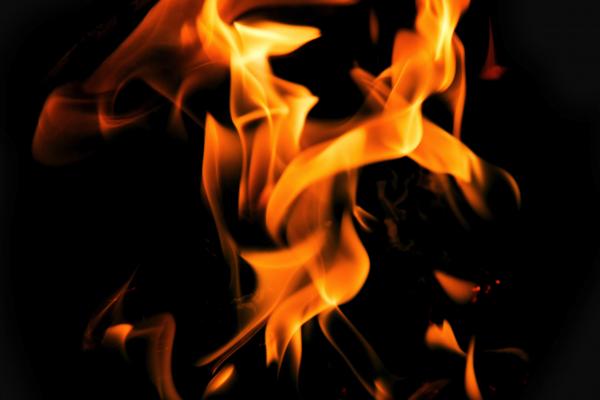As he poured the gallon jug of kerosene over his head, onlookers reacted with disbelief. Before anyone knew what to do, he lit a match. In one terrible instant, 31-year-old Quaker Norman Morrison set himself ablaze in front of the Pentagon, just 40 feet below the 3rd floor window of Secretary of Defense Robert McNamara.
Moments before ignition, Morrison passed his 11-month-old daughter, Emily, to a bystander. His wife and two other children were in Baltimore that day, unaware of what this young husband and father had planned.
Though his terrifying act of self-destruction, Morrison brought the Vietnam War home to a country that was still largely unaware of the widespread atrocities taking place in Southeast Asia. It was hard for most Americans to comprehend the true human cost of U.S. carpet bombing, and the incineration of whole families in the name of peace and security. Even the U.S. military officials leading the war effort did not understand on a visceral level what it meant to burn human beings alive in Vietnam.
Norman Morrison provided a live demonstration.
Read the Full Article

